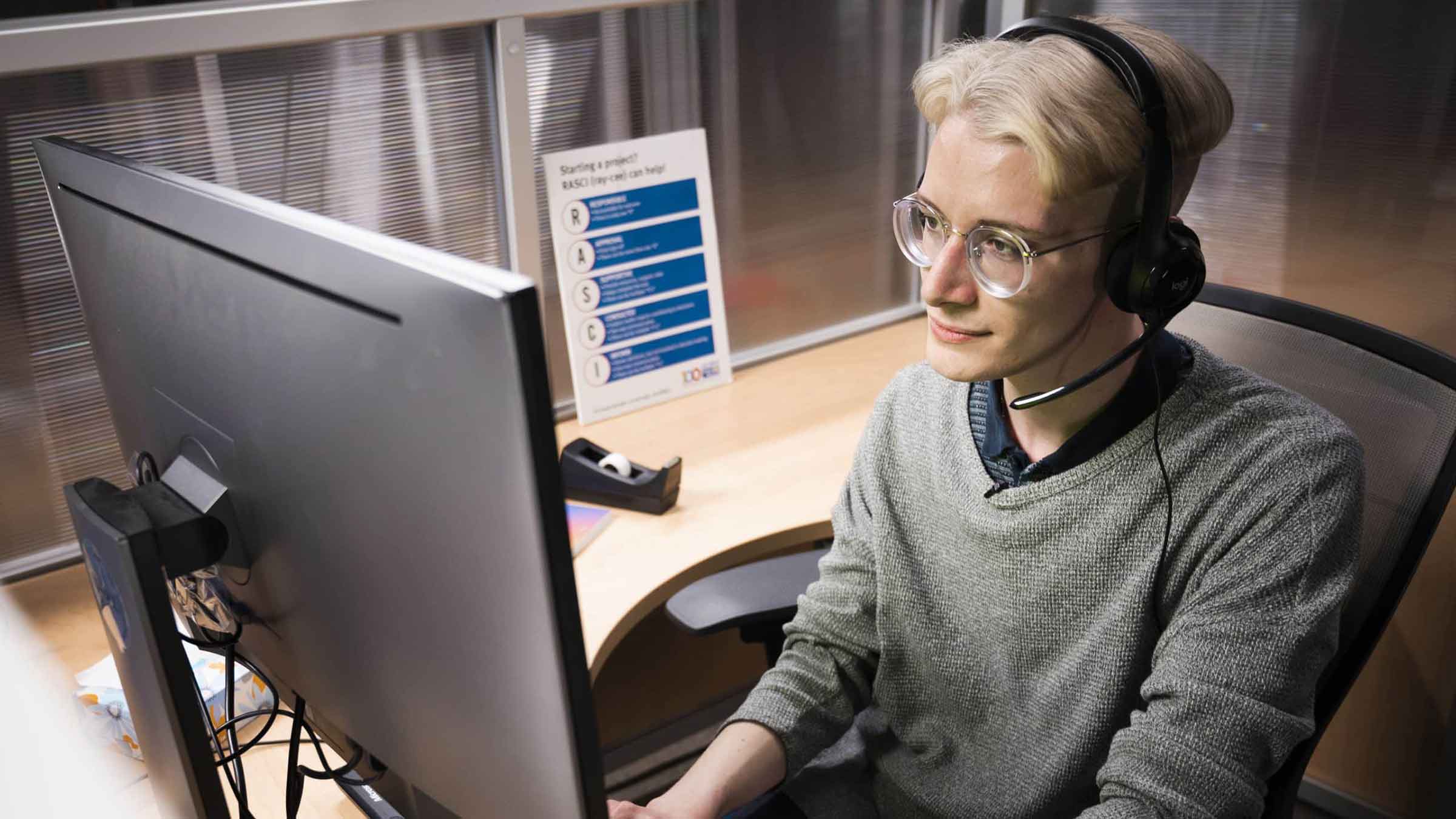
Every September, our community comes together to recognize Suicide Prevention Month, a time to educate ourselves and others on the importance of caring for our mental health and recognizing signs that we or a loved one may need help. This year, we are also celebrating the launch of 988, a new easy-to-remember number for people experiencing a mental health crisis to access critical support.
As of July 2022, anyone in the United States can dial 988 to connect with a trained crisis counselor who will provide support and help callers explore different options to manage their mental health concerns. And when Minnesotans contact 988, Greater Twin Cities United Way call specialists answer. Our team of 17 suicide prevention specialists is highly trained in risk assessment, suicide prevention and intervention. We provide a caring, compassionate and non-judgmental safe space for callers. If you or someone you know is struggling with mental health issues and feels alone and confused, please call or text 988.
In partnership with the 988 Suicide and Crisis Lifeline, United Way began providing suicide prevention and mental health crisis support in January 2021. The service is free, confidential and available 24/7. In 2021, our crisis counselors answered nearly 9,300 calls, created 5,300 safety plans and provided 1,500 referrals to resources. Over the past two months alone, we have fielded over 4,200 calls, created 1,400 safety plans and made 980 referrals. Callers range in age from 9 to 90 — 1 in 4 callers is under the age 25, and 1 in 10 callers is under the age of 15.
The COVID-19 pandemic and resulting economic effects, isolation and housing crisis have all contributed to our region’s mental health crisis. Since the launch of 988, we have seen a sharp increase in the number of callers struggling with substance use issues. Additionally, we are seeing an increase in callers at imminent risk of suicide. The reasons people reach out to us vary, but in most cases, people are not able to cope with day-to-day stressors.
Talking about mental health issues or reaching out for help can be challenging, especially when there is so much stigma around mental illness. All of us experience mental health issues at some point in our lifetime, and sometimes we need additional help to cope and understand the nature of our distress.
Reaching out for help is the first step in the healing journey. Once someone starts the process of understanding and gaining insight into their mental health issues, their only responsibility is to show up. Sometimes, we may feel that our situation has no clear resolution and may experience thoughts of suicide. If you or a loved one are experiencing hopelessness, self-perceived burden, self-hate, psychological pain and poor sense of belonging, please seek out additional support by calling 988.
When we are scared and feeling paralyzed by our thoughts and emotions, our view of our problems and potential solutions gets very narrow, and we are unable to see beyond our own limits. When we talk to a professional, the focus is on normalizing our feelings and reframing our problems as facts of life that one needs to cope with. When people reach out to us for help, they are engaging in an insightful process through which we are normalizing the conversation around mental health issues and focusing on coping and restoring confidence in their ability to drive their healing journey.
At different points in our lives, we need help understanding and managing our emotions and mental health concerns. This Suicide Prevention Month and all year long, our United Way 988 call specialists are here to help.